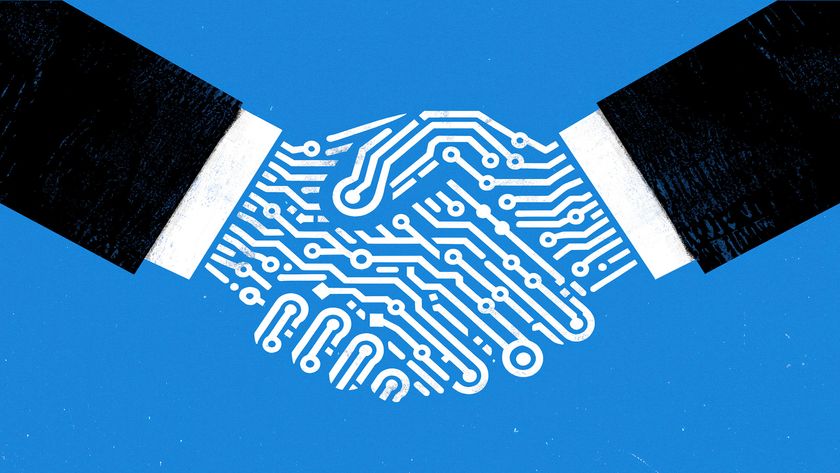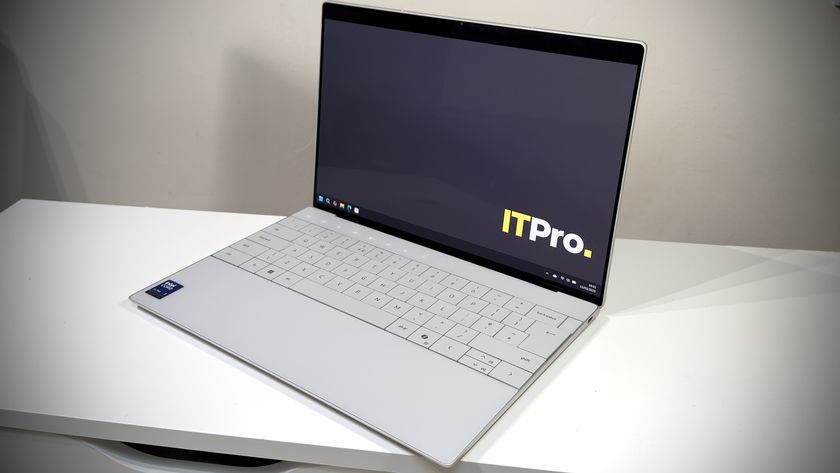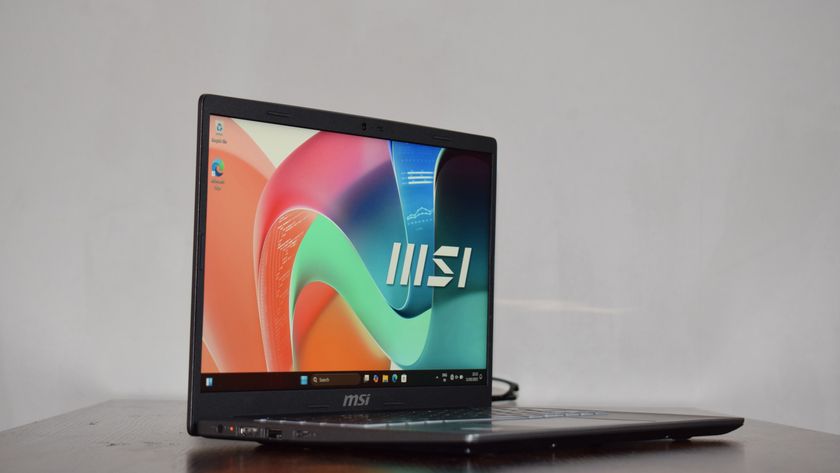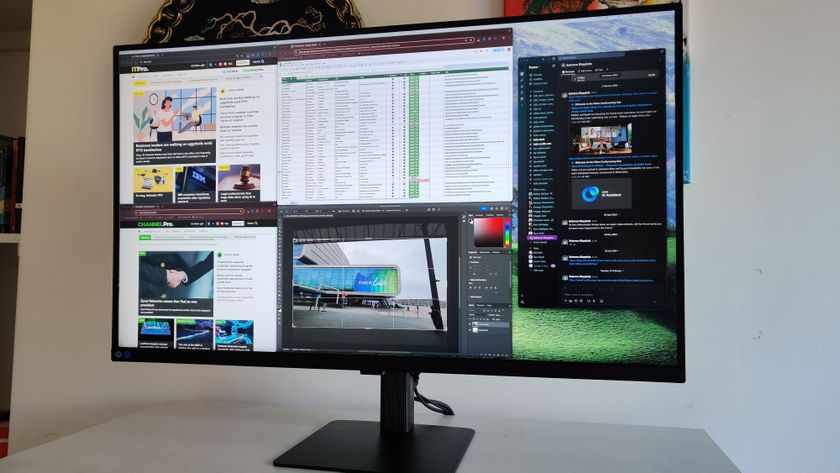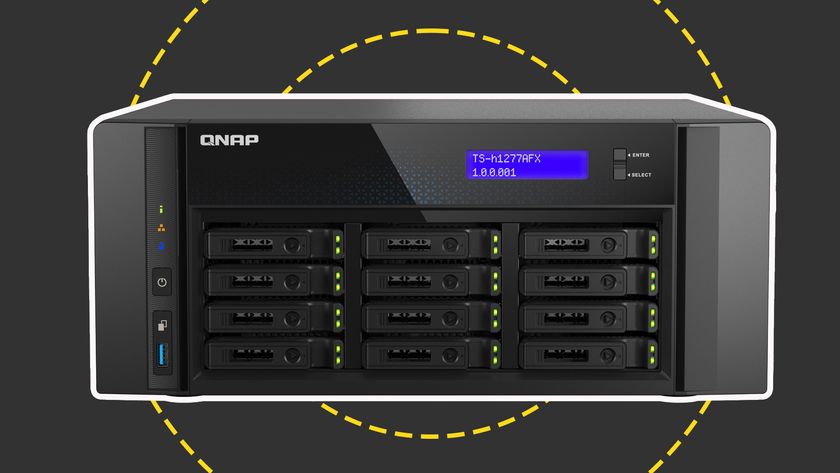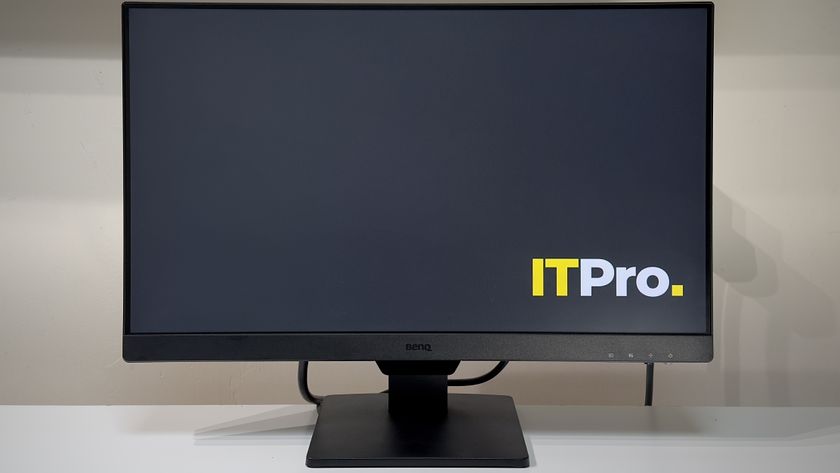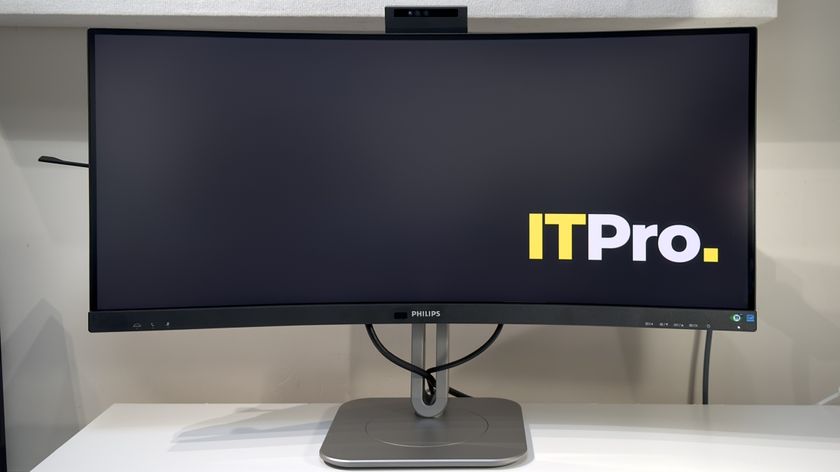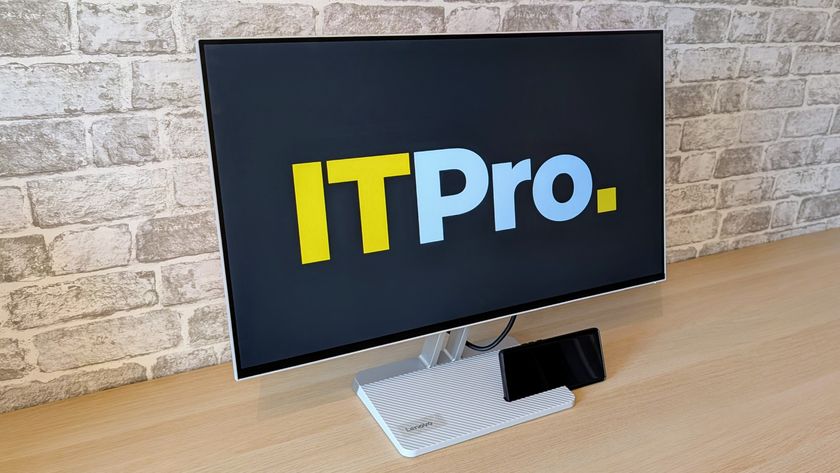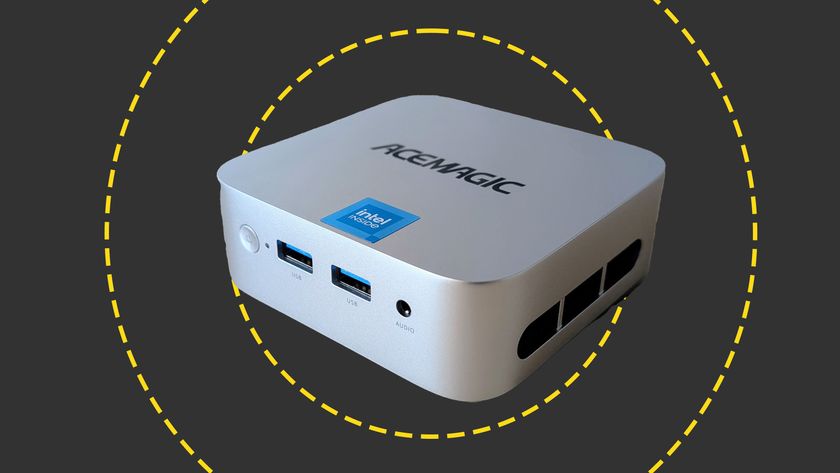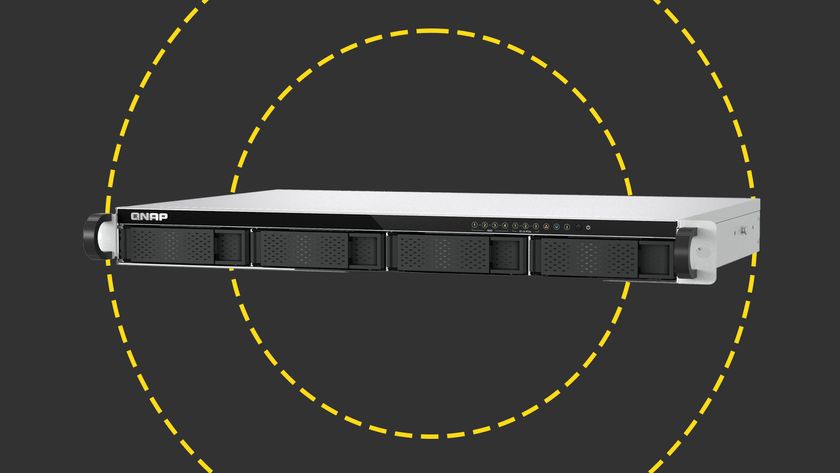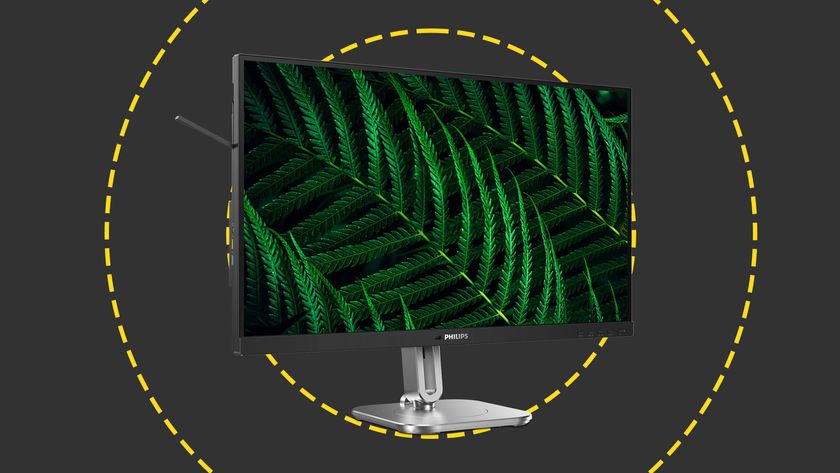Installation and software
For years Canonical has been working to polish Ubuntu's install environments. This is evident from its website all the way through to the installation procedure. Ubuntu 12.04 can be directly installed from Windows through a USB memory stick or via traditional optical media. The OS is just as easy as loading Windows.
Users wishing to upgrade from Ubuntu 10.4 or newer have only to use the Update Manager. Upgrade times vary depending on the software packages installed, but the process is simple and requires little user interaction. Canonical recommends users upgrade to Ubuntu 12.04 as soon as possible and from our experience we have no reason to suggest otherwise.
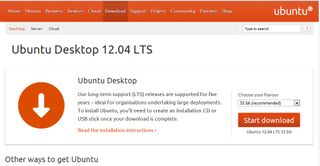
The Windows installer will make it easy for those who haven't tried Ubuntu before
Aside from Unity and the HUD, Ubuntu 12.04 is a complete operating system. Windows users will have to download Microsoft Office or LibreOffice to bring offline word processing and spreadsheet functionality to life. However, Ubuntu 12.04 comes with LibreOffice 3.5.2, which supports Microsoft file formats and has features to compete with the expensive Office Suite.
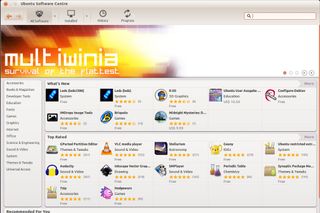
The Software Centre has been given an 'app store' look
Canonical has made minor cosmetic changes to the Software Centre in Ubuntu 12.04, giving it even more of an app store feel. Canonical's decision to try and centralise software acquisition and installation has been well implemented. However, in some cases such as Skype, we still had to use a web browser to download the application even though Software Centre took care of the installation.
Canonical also offers the Ubuntu One cloud service so users can store files online. The Ubuntu One integration in Precise Pangolin is installed by default and the polished interface is a joy to use, allowing users to make use of the free 5GB of space to store documents, movies and music.

